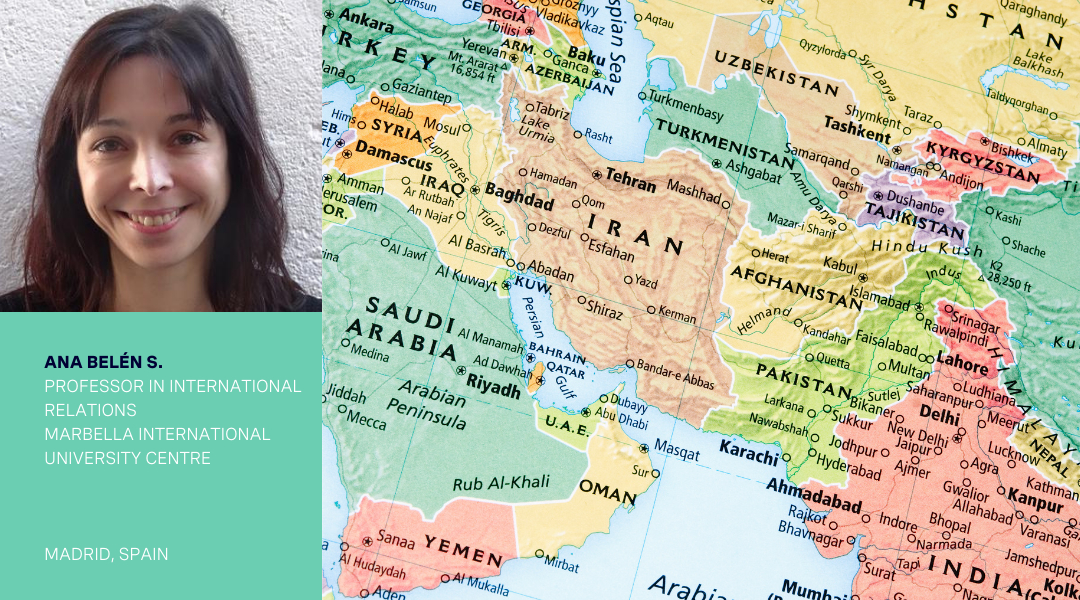How do developing economies face the risk of economic disruption due to climate change?
PROFESSOR OF INTERNATIONAL RELATIONS, MARBELLA INTERNATIONAL UNIVERSITY CENTRE
“In particular to the Middle East, where my expertise lies, temperatures are expected to rise at double the global average in the next few decades – as much as 4º C by 2050, according to the Max Planck Institute. Rainfall will decline and desertification will worsen. The consequences will be dire. Parts of the region may become uninhabitable. Crop yields will decline, and the conversion of forests and natural pastures into cropland will further deplete water resources. GCP may decrease by up to 10%, believe researchers at Purdue University. Unemployment will rise, especially in the agricultural sector – a major employer in countries like Iran, Iraq, Turkey and Syria. Also affected will be economic sectors with linkages to agriculture or making heavy usage of water. Finally, as population growth increases, demand for staple foods, prices will jump and, with them, the potential for conflicts like the civil war in Syria or the unrest we’ve witnessed in Khuzestan.”

